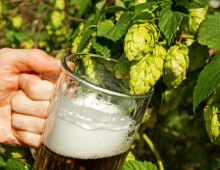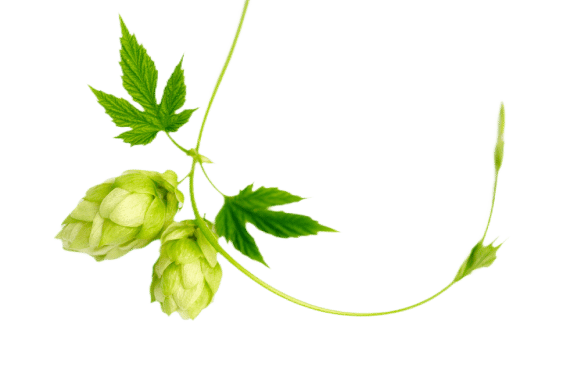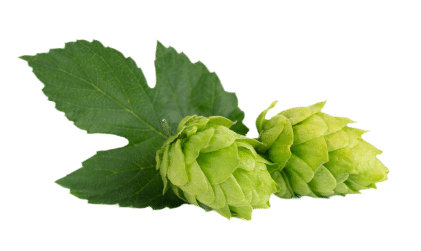British Hop Farming Embracing Nature-Friendly Practices
At the heart of British hop farming are our dedicated growers who use innovative, nature-friendly methods to cultivate the finest hops while nurturing the environment Some of the sustainable practices are accidental, others have been passed down through generations or re-appeared back again from moments in history.
Here are some highlights of these sustainable practices and the stories from our farms that make British hop farming truly special.
Church Farm
Meadow Grass: Nature’s Mulch
Equally beneficial and naturally occurring, and in this case actively encouraged, is a cover of meadow grass. This hardy grass smothers out unwanted weeds and can be easily destroyed to provide a natural mulch. Importantly, meadow grass is shallow-rooted, meaning it doesn’t compete with hops for soil moisture. This simple yet effective method ensures our hops thrive without the need for chemical interventions.
Natural Methods for Hop Health
Tom Probert from Church Farm also uses practices such as using sheep to eliminate pests and disease, and white clover to infuse nitrogen into the soil. These techniques not only maintain the health of our hop plants but also promote biodiversity and soil health.
Pheasant surprise
Agronomist, Jonathan Blackman, often encounters delightful surprises while walking the hop fields. Recently, he had a “pheasant” surprise when he stumbled upon a pheasant nestled among the hop bines. And Church Farm have discovered that a blackbird has made its home in the machine shed next to the hop press, adding to the rich tapestry of wildlife that coexists with the hop farming operations.
Why is meadow grass good and other weeds bad in a yard of hops? What do the sheep do? Tune in to our July podcast to find out.
Stocks Farm
Beneficial Insects
At Stocks Farm, another member of Charles Faram Farms, the Jester®️ hop plants create an ideal environment for ladybirds. It’s their larvae that are the true heroes. They feast on aphids, keeping those pesky pests in check.

Instone Court
Companion Planting
Instone Court is also keen to proudly show off that their Jester®️ is thriving, and looking strong and healthy! They’re also experiencing ladybird love, it’s something the growers seem extremely happy to see arrive.

In another accidental work of genius, on this farm they have been companion planting Borage alongside baby Opus®️ plants as they’ve found that this will help prevent insect attacks.

Hampton Estate
Molly Biddell is deeply connected to the land and their agricultural heritage. This farm is situated in Surrey and where we in Herefordshire and Worcestershire say hop yards, down there they say ‘hop garden’. Their hop garden dates back to the 1600s, so has a whole lot of history and has seen a lot of change in farming methods.
Incorporating Regenerative Practices
The Hampton Estate hop farm is among our pioneers in the UK adopting regenerative agricultural principles to transform their previously chemically dependent system. They have sown pollinating cover crops and also introduced a “flying flock” of sheep to graze on the green cover, simultaneously fertilising the soil with their dung.
They employ biological controls to mitigate the risk of red spider mites and are experimenting with digestate as a natural fertiliser, “All good Groundswell-enthused stuff, but not easy”.
Read more stories from Molly here https://www.fwi.co.uk/author/molly-biddell
British hop farming is more than just a tradition; it’s a commitment to sustainability and environmental flag flying.
Keep an eye out for more stories from our Charles Faram Farm growers as we get them

















